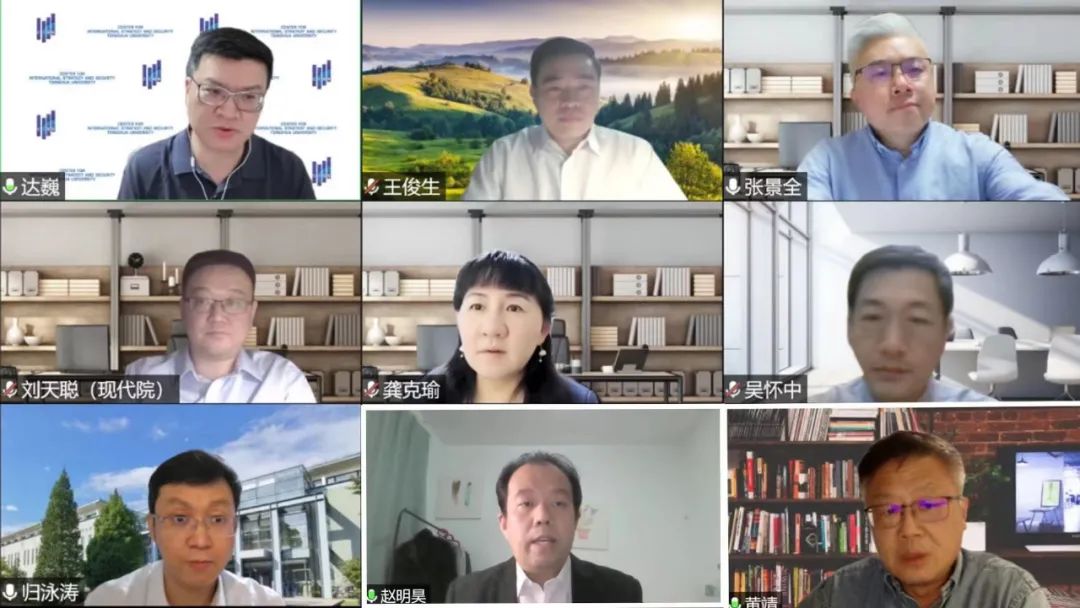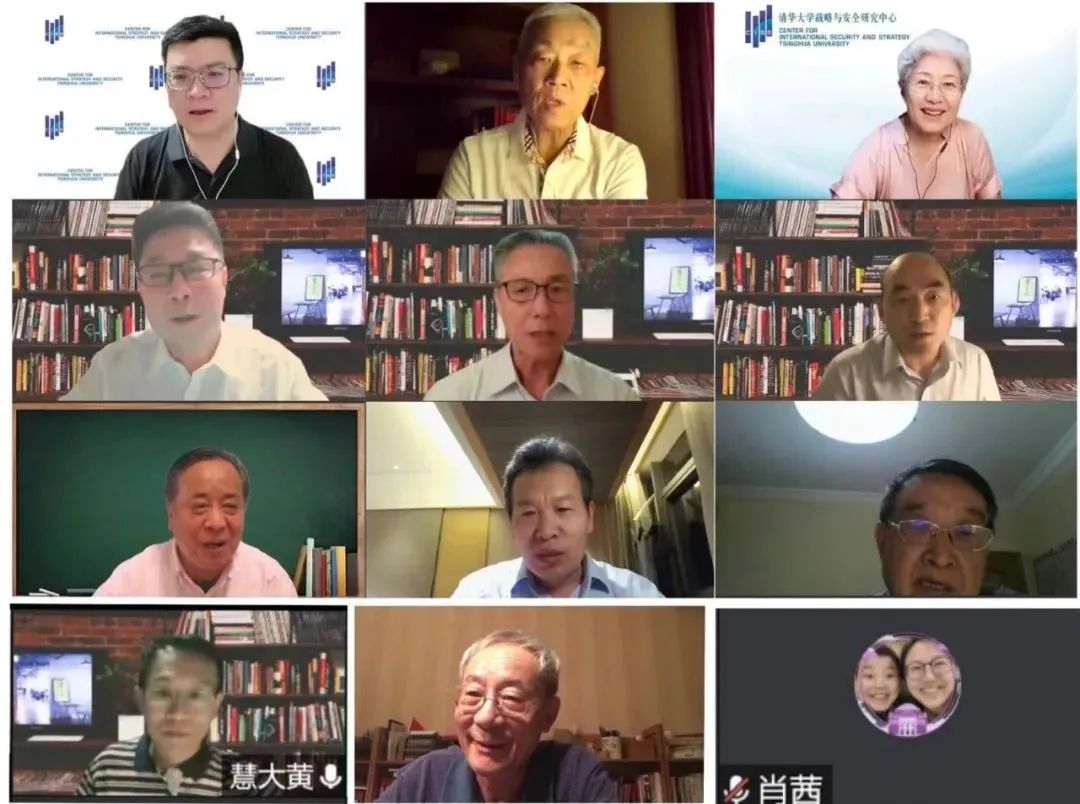On May 20 and 21, 2022, the Center for International Security and Strategy (CISS) of Tsinghua University held the 36th Security and Strategy Seminar titled “The Landscape and Hotspot Issues in the Asia-Pacific Region (Northeast Asia)”. Moderated by Da Wei, CISS director and professor of the Department of International Relations at Tsinghua, the event convened more than a dozen scholars from Tsinghua University, Peking University, Renmin University of China, Fudan University, Shandong University, Shanghai International Studies University, Chinese Academy of Social Sciences, China Institute of International Studies, China Institutes of Contemporary International Relations, and Shanghai Institutes for International Studies, as well as CISS academic members and experts.

Amid the US-China relations standing at a crossroads, the ongoing Russia-Ukraine crisis and the rollout of America’s Indo-Pacific strategy, panelists discussed the domestic and diplomatic dynamics of major powers in Northeast Asia, the challenges and opportunities for China in the region, and the advances of the Global Security Initiative and Global Development Initiative. It is believed that as Northeast Asian countries strive to respond to COVID-19-related challenges and restore economy and international engagements, the US Indo-Pacific strategy is making a significant impact on the region, creating a challenging and complex environment for China.

Focusing on the positions and concerns of regional countries, panelists believe that there is no structural contradiction between China and its Northeast Asian neighbors, but divergences do need to be properly handled and controlled, and that China, which has been a regional powerhouse over the years, should continue to contribute to regional security and prosperity by building on its strengths.
